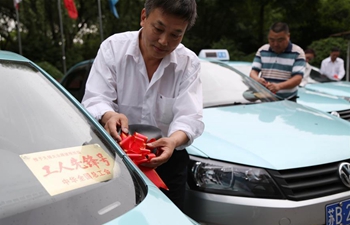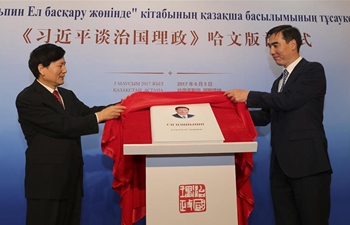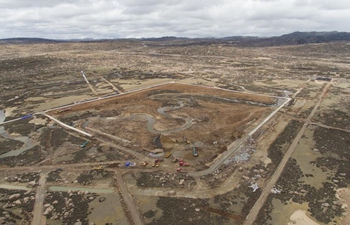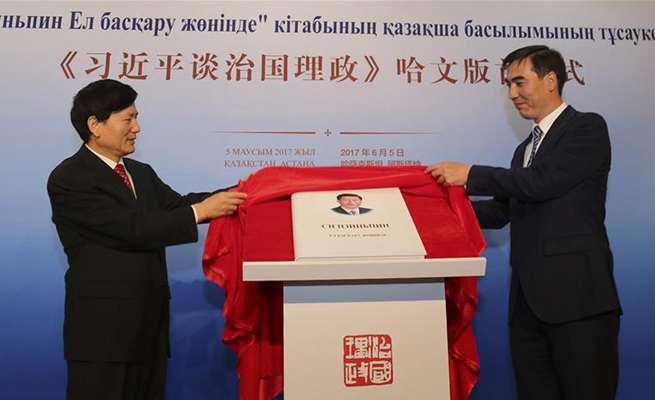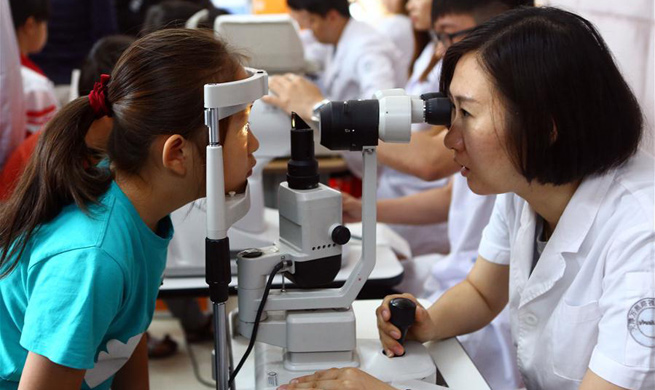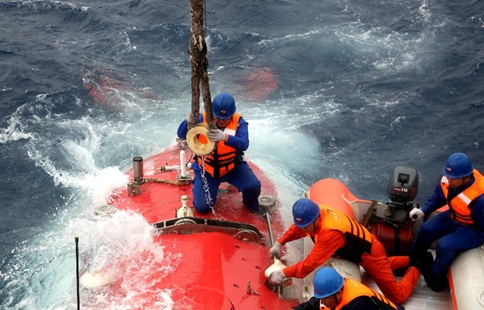TOKYO, June 6 (Xinhua) -- Kansai Electric Power Co. on Tuesday restarted another reactor at its Takahama plant on the coast of the Sea of Japan, in Fukui Prefecture of central Japan.
The restarting of both the plant's No.3 and No.4 reactors had provisionally been suspended by a court injunction in March last year.
The Otsu District Court had issued the unprecedented injunction preventing both reactors from restarting last year, owing to safety concerns.
Both reactor runs on Mixed Oxide (MOX) fuel, which is a mixture of uranium and plutonium extracted from spent nuclear fuel and is an alternative to the low-enriched uranium (LEU) fuel used inlight water reactors.
The Osaka High Court in March this year, however, repealed the injection, and the No.4 reactor was brought back online in May.
The two reactors in February 2015 initially passed the nuclear watchdog's stricter safety standards that were instituted in the wake of the March 2011 Fukushima disaster.
Kansai Electric said the No.3 reactor will reach criticality, a self-sustained nuclear reaction, early on Wednesday and it expects to start power generation and grid transmission on Friday.
The utility said it also now plans to inform the government of a reduction in electricity bills from early July, once both reactors are generating electricity at an optimal level.
The Nuclear Regulation Authority (NRA) in June last year told Kansai Electric Power Co. it could go ahead with a plan to extend the operation of the No.1 and No.2 reactors at the Takahama nuclear plant. Both reactors are more than 40 years old and among the oldest in the world.
The approval was granted following an inspection of the facilities finding that the deterioration rate was satisfactory and following upgrades being made by the utility to reduce fire risks to sensitive cables, along with other safety improvements in April when the NRA decided that a 20-year extension would be granted for the two aged reactors.
The move brought a great deal of local and official resistance to the restart on enhanced safety concerns, particularly for those living in close proximity to the plant.
Meanwhile, the Agency for Natural Resources and Energy has said that Japan's 42 commercial reactors were now operational.






